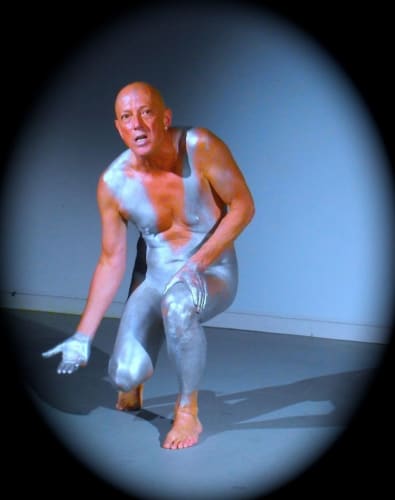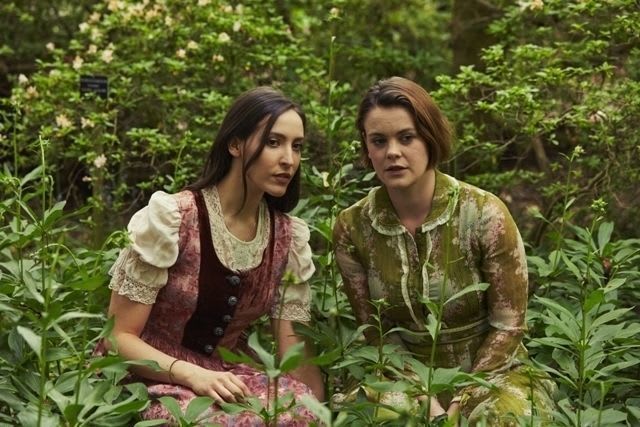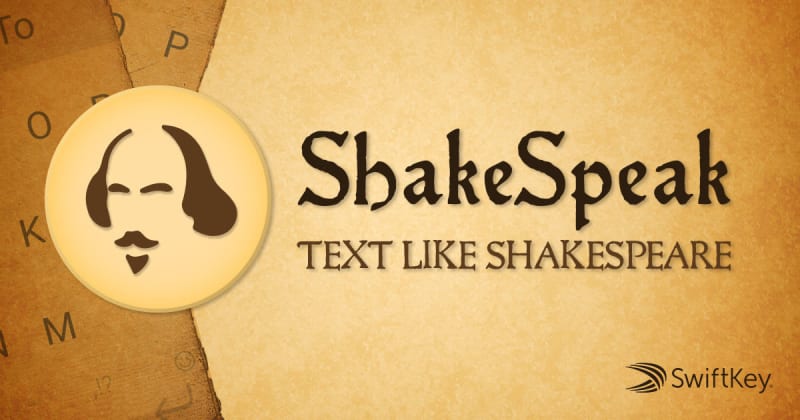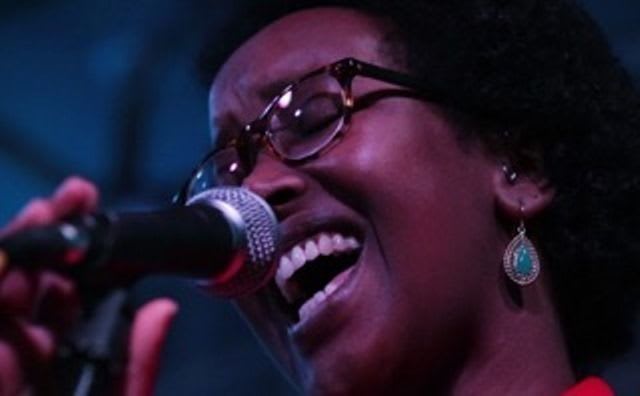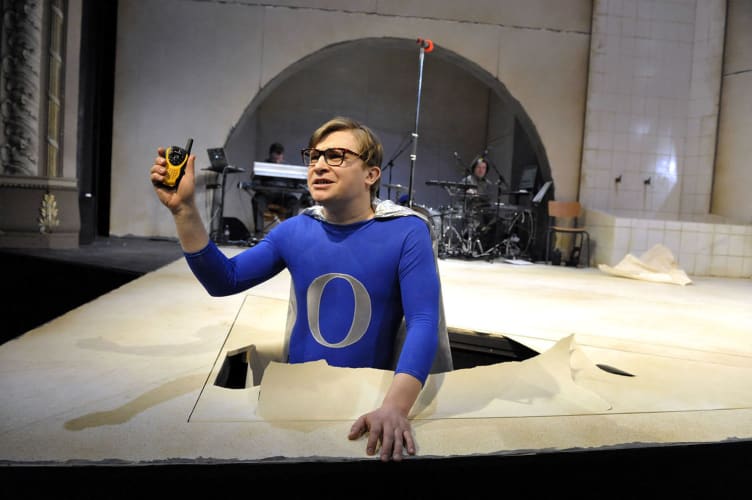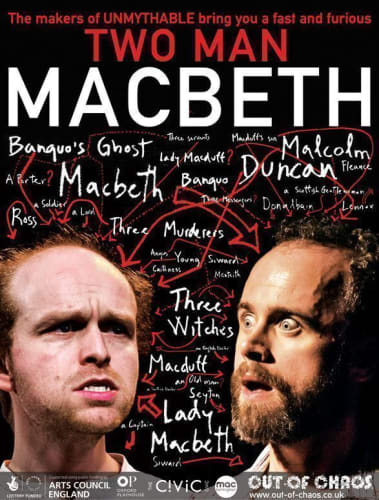Marathons and catacombs
Poetry performances included the London collective of migrant and refugee poets' multi-lingual, carnival-esque celebration Bards without Borders and Guildford Shakespeare Company's Sonnet Walk Weekend.
Sonnets also featured in My Story, My Music, My Monologue presented by Intermission Youth Theatre. Written by Darren Raymond and Cecilia Segar, it paired real-life stories from company members with Shakespeare text and original music. Themes included Identity (Merchant of Venice), Jealousy (Othello) and Forgiveness (Sonnet 30).
Shakespeare's Welsh heritage is well–documented and that nation, like Scotland, celebrated Shakespeare 400 with a range of events, amongst them The Taming of the Shrew–inspired Kiss Me Kate from Welsh National Opera and Richard II–inspired Game of Bones by Mike Witchell.
Big hitters such as Shakespeare's Globe and London's Barbican were able to dedicate large swathes of their programme to mark the 4th centenary.
Shakespeare400, a consortium of organisations, including The Globe, held a month of events. These ranged from performances to Ye Olde Introduction to English Baking workshops to various guided walks.
Most interesting guided walk as voted for by me, however, goes to St George's Hall Liverpool whose celebratory season, Where There's a Will included Walking the Bard: The Shakespeare Experience, a walk in the venue's catacombs.
The Barbican held a weekend of cross–genre events which included Much Ado About Bingo with Boogaloo Stu, Desperately Seeking Shakespeare—a hunt between the Barbican and the Museum of London and pop-up performances by theatre company Told by an Idiot as well as backstage activities.
London's Victoria and Albert Museum, which now houses the theatre collection previously held at the Theatre Museum, held a performance festival which included a site-specific new play and a seven-hour poetry marathon.
Looking further a field, Theatre North presented Mirando The Gay Tempest, Out of Chaos toured a two-man Macbeth, Michael Pennington toured King Lear and Will found his celebration sharing top billing with that of Yehudi Menuhin's first centenary at Windsor Festival. The list could go on, but it better had not.
So, in closing, I return to the YouGov polls which revealed in the first that the John Fletcher and William Shakespeare collaboration The Two Noble Kinsmen is the only play that none of its survey respondents had seen or read, and in the second Pericles was Billy-no-mates; it beat King John and Timon of Athens in a race to the bottom that didn’t include the Kinsmen.
Why return to these? Well, because my completely and unapologetically unscientific research resulted in something pretty much the same.
Similarly, A Midsummer Night’s Dream came top in my unempirical performance rankings, excluding productions in the A Play for the Nation project and was in the top three most well-known plays addressed by the poll, so I found no surprises there either.
What did make me do a retake as I looked over my pages and pages of received and researched material was the imagination and number of Shakespeare spin–offs created, revived or adapted across genre and across media and by and for all ages, to mark the 400 celebrations.
Dad's Army might have won the ratings on that one night, but in the pens of every generation, Shakespeare lives on.
Other resources and references in this article
- British Library's Discovering Literature: Shakespeare
- RSC Education programme
- Shakespeare’s Globe Education programme
- Mix the Play
- National Theatre Shakespeare app (for Apple devices on iTunes)
- ShakeSpeak app (for Android devices on Google Play)
